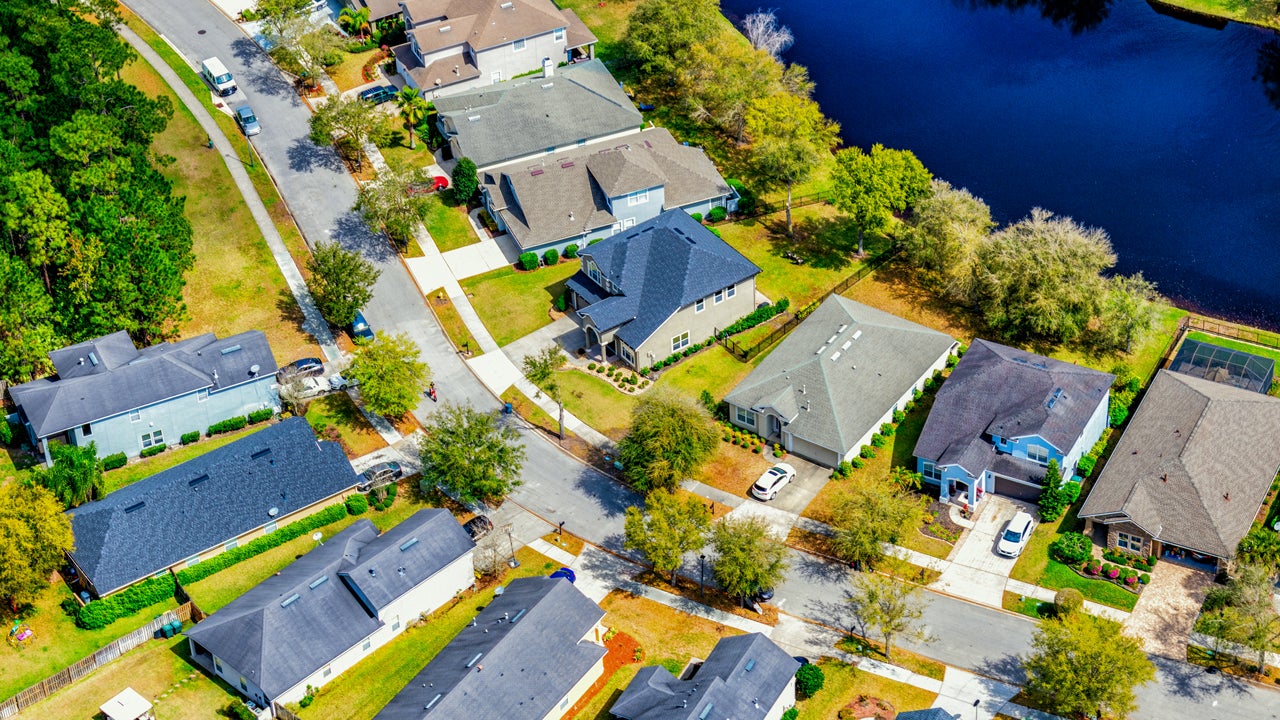
Owning a home is one of the most significant investments a person can make. For those living in Florida, ensuring you have adequate homeowners insurance florida is imperative. Florida is known for natural disasters such as hurricanes, floods, and sinkholes, which are risks homeowners cannot ignore. However, understanding homeowners insurance in Florida can be complicated, especially for first-time homeowners. This guide aims to provide you with an overview of homeowners’ insurance in Florida to help you make informed decisions and protect your home.
What Homeowners Insurance in Florida Covers
When you purchase homeowners insurance in Florida, it covers four broad areas of your property: dwelling, personal property, liability, and additional living expenses. Dwelling coverage is designed to cover the cost of repairing or rebuilding your home in case of structural damage due to a covered peril. Personal property coverage is for your belongings, including furniture, clothing, and electronics. Liability coverage protects you against legal and medical expenses for injuries to other people or property damages resulting from accidents that occur on your property. Lastly, additional living expenses coverage will provide temporary living arrangements if your home becomes uninhabitable due to a covered peril.
What Homeowners Insurance in Florida Does Not Cover
Although homeowners’ insurance covers various perils, most policies do not cover damage due to floods, earthquakes, or sewer backup unless you purchase additional policies. It’s also important to note that typical homeowners insurance policies don’t cover upgrades or maintenance of your home. For example, if your roof is already damaged, getting homeowners insurance will not cover the damage cost. Therefore, it’s essential to understand what is and isn’t covered in your insurance policy before getting into an agreement with an insurance provider.
What Affects the Cost of Homeowners Insurance in Florida
Homeowners’ insurance in Florida is generally more expensive than in other states, with an average premium costs of around $2,000 annually. The cost of the insurance policy will depend on various factors such as the location of your home, its age and value, your credit score, and your claims history. Other factors that can affect your premiums are the risks associated with living in a particular area in Florida, such as the risk of flooding, hurricanes, and sinkholes. Reviewing your coverage and premium rates regularly can ensure you are getting the best rate.
What to Look for in a Homeowners Insurance Policy
When shopping for homeowners insurance, it’s crucial to select a policy that suits your needs. Most insurance companies will offer a standard policy that will usually cover the four core areas of a property. However, there may be additional premiums to cover other perils, such as floods or earthquakes. Ensure you compare policies from various insurers, checking their reputation, reliability, and financial stability. Consider getting recommendations from family and friends or consulting with an insurance agent to ensure you get adequate coverage.
How to File a Homeowners Insurance Claim
In case of damage to your property, the first step is to file a claim with your insurance company. Ensure you have read and understood your policy, called your insurance provider’s claim center, and provided the necessary information, including your name, policy number, and damage details. Secure your property by covering broken windows or leaking roofs and take pictures and videos for documentation of evidence. Lastly, make sure to keep a record of all expenditures related to the damage for adequate reimbursement.
Conclusion:
Purchasing homeowners insurance in Florida is a critical aspect of protecting your home. Understanding what homeowners insurance covers, what it doesn’t cover, what affects the cost, and how to file a claim is essential in ensuring you get the best coverage. Consider reviewing your policy regularly and comparing multiple providers may help you secure competitive pricing. Remember, getting adequate homeowners insurance isn’t just a financial decision; it’s an investment in your home’s security.



